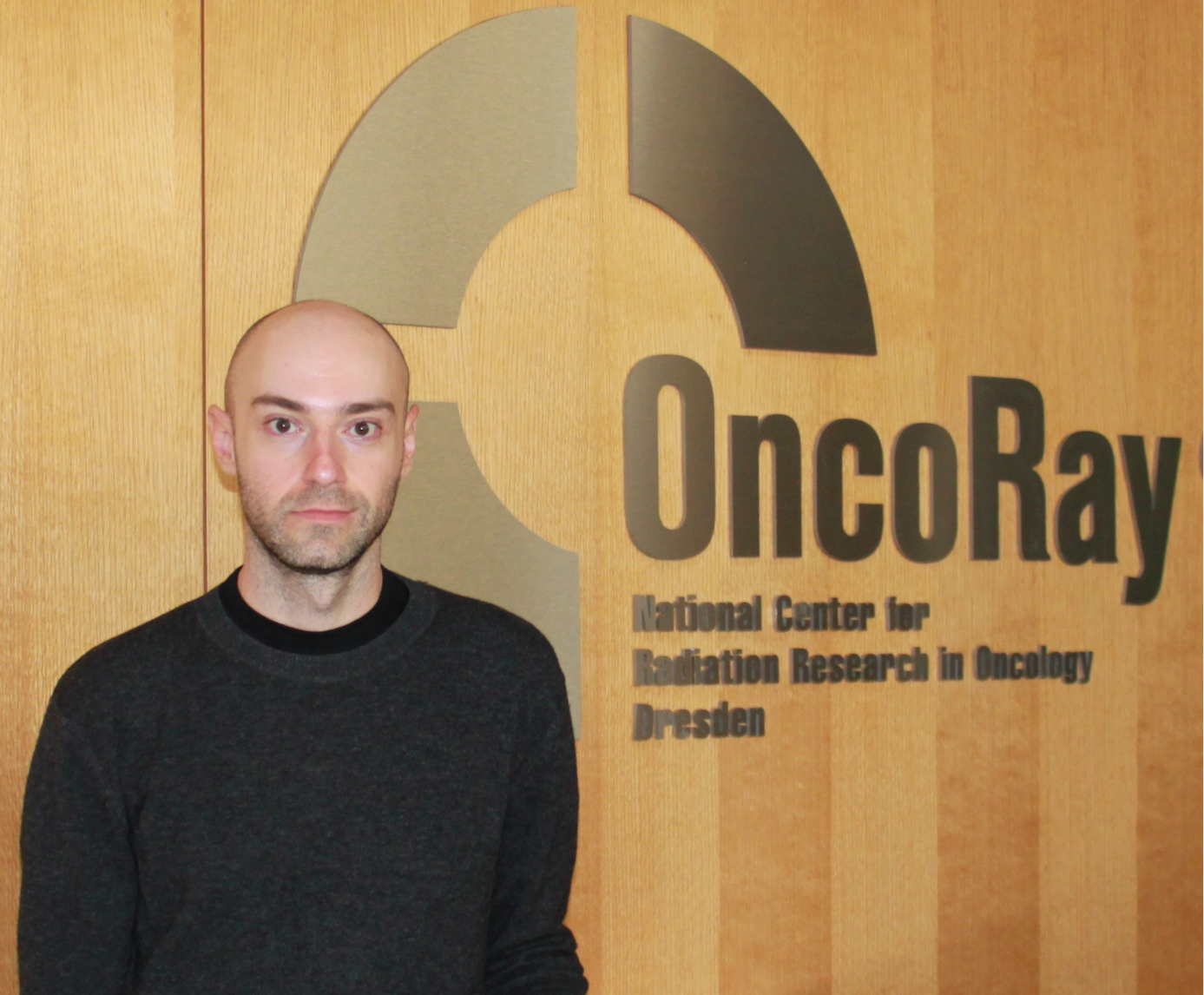01/04/2022
Print PageMSNZ Fellow Jovan Mircetic becomes Dresden DKTK Junior Group Leader

Dr. Mircetic is an expert in synthetic biology and genome engineering. During his PhD in Prof. Frank Buchholz's lab, he developed a genetic sensor that detects the activity of p53, a tumor-suppressing gene, and triggers cell death if protein is mutated. In this way, he was able to show for the first time that it is possible to influence cell fate by any deviation from wild type p53 physiological levels.
Since 2020, Dr. Mircetic has been working hand in hand with clinician scientists from the Department of Visceral, Thoracic and Vascular Surgery as a fellow of the Mildred Scheel Early Career Center Dresden. This tandem between medical and clinician scientists allows, on the one hand, direct access to patient samples and, on the other hand, a rapid translation of scientific findings into clinical practice. The joint focus lies in chemoresistance in gastric cancer and delineation of novel resistance markers. For this purpose, they use patient-derived material, so-called organoids, in order to develop predictions for personalized therapies.
Dr. Mircetic now has the opportunity to extend his research in a DKTK Junior Group at the Dresden partner site at Oncoray. The expansion of the research group will also enable innovative approaches including the irradiation of organoid cultures with photons and protons in combination with standard therapies such as chemotherapy, and other systemic therapies. In addition to the genetic screening of patient organoid samples, studies are planned in resistant cell lines and in organoid-based animal models. A CRISPR screening platform in organoids is planned, which will be open to all DKTK researchers. This again will enrich the methodological portfolio at the Biomedical Dresden Campus and the DKTK partner site, further achieving a close collaboration of the Radiation Oncology program with experts in organoid research. Jovan Mircetic is looking forward to the expansion of his research group: "I am excited to combine the manifestly translational settings of Oncoray with new technological approaches within the great DKTK Network.”